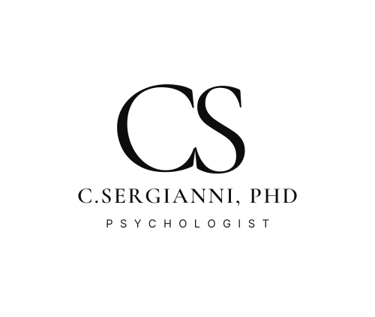What Healing in Therapy Really Feels Like
Healing in therapy often unfolds not in dramatic change, but in the quiet moments where you meet yourself with more clarity, softness, and strength.
MENTAL HEALTH & WELLBEING
6/8/20253 min read


Healing in therapy doesn’t look like what most people imagine.
It’s not a dramatic breakthrough or a single life-changing session.
It’s a quiet shift.
A pause before the old reaction.
A moment of self-kindness instead of self-criticism.
A knot in your chest loosening without effort.
Therapy invites healing through these small, subtle changes—ones that often go unnoticed until you look back and realize how far you’ve come.
Some experiences live in the body, not just in thought. Healing, therefore, isn’t only about thinking differently. It’s about feeling safe in your own skin again. When you begin to recognize what safety feels like—not just intellectually but physically—you’re already deep in the work of healing.
Trauma can show up as disconnection from your authentic self, shaped by years of adaptation. In therapy, healing means reclaiming your voice, your limits, your values. It means slowly remembering who you were before the world told you who to be.
At first, therapy might feel frustrating. You may not feel "better." You may not even know what better looks like.
But then:
You stop apologizing for taking up space.
You notice your shoulders aren’t clenched all day.
You hear your inner critic—and choose not to believe it.
These are not small things. They are signs of internal repair.
Healing isn’t about erasing pain. It’s about building capacity. Capacity to sit with discomfort. To make space for joy. To stay connected when things get hard.
Choosing to heal means choosing yourself again and again.
That choice—to turn toward yourself with compassion instead of judgment—is what therapy teaches you, one small moment at a time.
Here’s what healing in therapy might feel like:
Less urgency. You no longer rush to fix everything.
More clarity. Your thoughts feel less tangled.
A new kind of honesty. You start telling the truth—not just to others, but to yourself.
You may still get anxious. You may still struggle. But something inside you stays steady. Present. Available. That’s progress.
To notice your healing:
Pay attention to how you handle situations that once overwhelmed you.
Reflect on moments where you surprised yourself with patience or self-respect.
Listen for the soft voice that says, "This feels different now."
Healing is not linear. It loops and circles, sometimes feeling like repetition. But even when old patterns resurface, you’re not in the same place—you’re responding from new ground.
Common Misconceptions About Healing in Therapy
Many people believe that healing means always feeling happy, never feeling anxious, or finally ‘getting over it.’ But therapy doesn’t aim to fix what makes us human or turn us into someone else—it helps us face what is inside with clarity and respond with gentleness instead of judgment.
Misconceptions like these can lead to discouragement:
Believing that setbacks mean failure.
Expecting a constant upward trajectory.
Thinking therapy will make painful emotions disappear.
Healing is less about eliminating pain and more about relating to it differently. It’s about building trust with yourself to handle what arises.
If you find yourself frustrated, ask: What am I expecting healing to look like? And what would it mean to shift that expectation?
Questions for Self-Reflection
What does healing mean to me right now?
When was the last time I noticed a subtle shift in how I responded to something hard?
How do I speak to myself during difficult moments?
What does safety in my body feel like?
What small action could I take this week to support my healing?
These questions aren’t about finding the “right” answer. They’re invitations to meet yourself with honesty and gentleness.
Therapy doesn’t promise perfection. It offers presence.
Not the absence of pain, but the ability to stay with yourself through it.
Not the elimination of fear, but the trust that you can handle what arises.
Not the erasure of the past, but the power to write new stories going forward.
So if you're in therapy and wondering if it's working—notice what’s quieter now. The space between thought and reaction. The moments you offer yourself grace. The way you come back to yourself, a little more gently each time.
Because healing rarely feels like triumph.
More often, it feels like a quiet moment where your pain softens and something inside you gently says,
"You're okay now".
Address
Taunusanlage 8, 60329 Frankfurt am Main
Contacts
info@csergianni.com
+49(0)15236632744


© 2025 by Christina Sergianni, PhD - All Rights Reserved.


